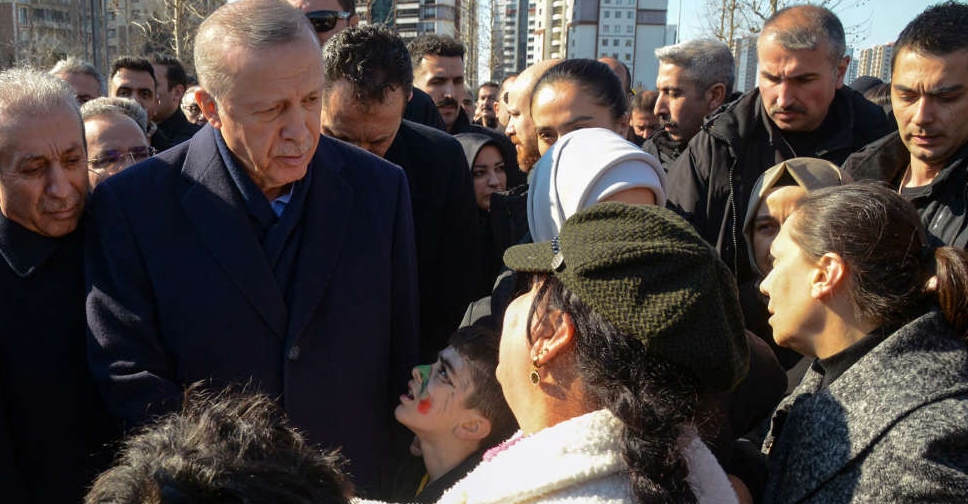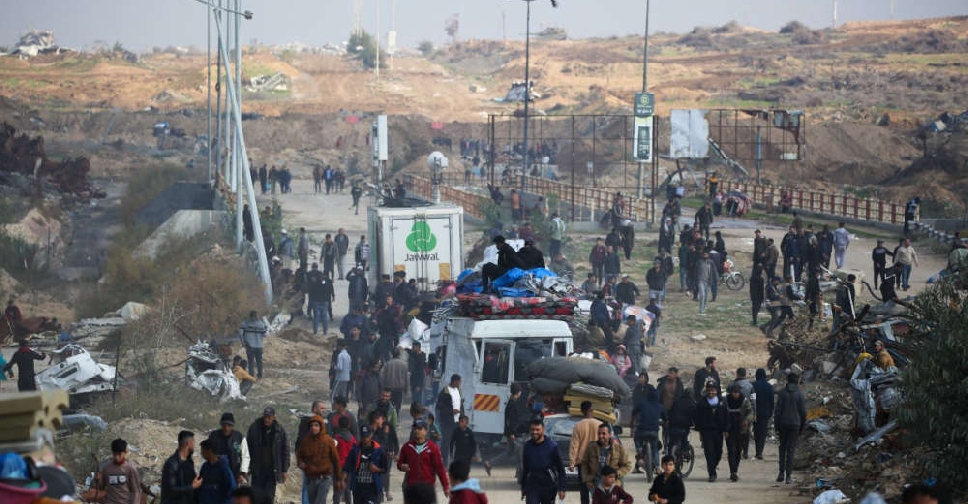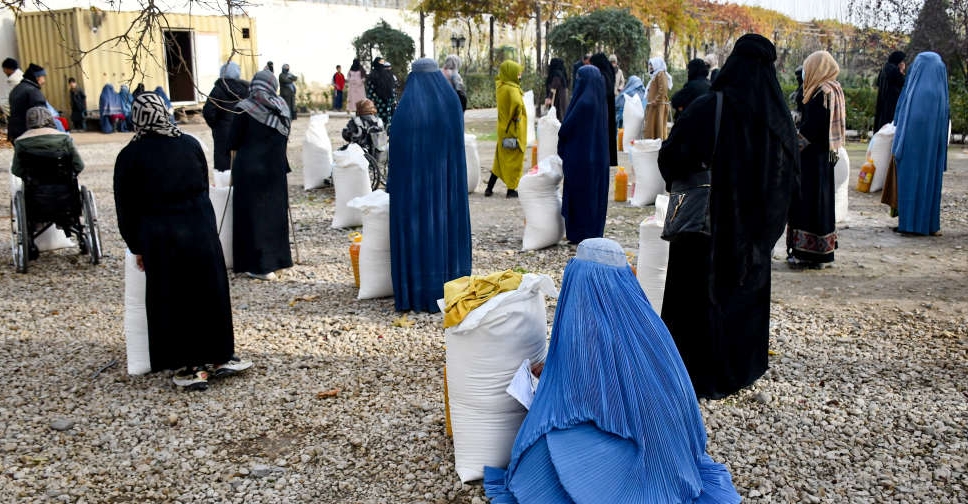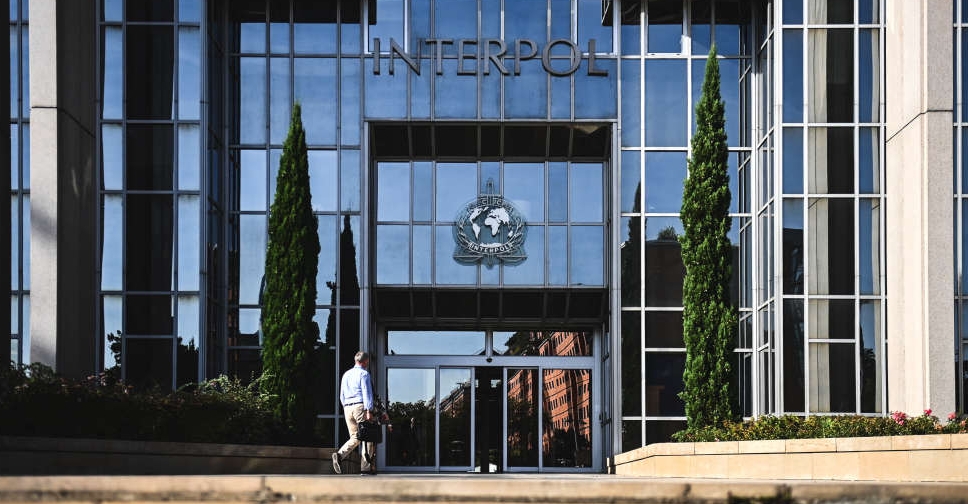
Turkish President Tayyip Erdogan could have relied on strong voter backing from Cigdemtepe and other villages and towns across southeast Turkey in the past, but a huge earthquake and a slow rescue response has made once loyal support more uncertain.
There are signs his AK Party (AKP) is increasingly aware that it cannot take past votes for granted, as officials talk of accelerating rebuilding plans before elections in May, which may prove the toughest of Erdogan's more than two decades in power.
"This whole village has voted AKP even though no one knows why," said a truck driver in Cigdemtepe, which is perched above cotton and garlic fields in Kahramanmaras province, a region where whole urban centres were destroyed.
"The earthquake definitely changes our opinion because the first responders and tents were very late to arrive," he said.
How big a challenge Erdogan faces is difficult to determine, given the lack of polling in the region. In addition, the opposition has dithered before finally agreeing on a candidate to challenge Erdogan, unsettling voters, while experts say those affected by the quake could swiftly change their minds.
But Reuters interviews with nearly 30 residents in the past week in Kahramanmaras, Adiyaman and Gaziantep - provinces where white tents dot the landscape of buckling or collapsed buildings - suggest political loyalties, even among once diehard Erdogan backers, are shifting.
"My mind is completely changed," said a student in rural Kahramanmaras, who like others was reluctant to give their name. "We breathe AKP here but this earthquake changed everything for us. These people don't know what they are doing."
The deadliest disaster in Turkey's modern history devastated cities and towns and killed tens of thousands of people a month ago, mostly in a conservative stronghold that has heavily backed Erdogan and the AKP for two decades.
While only a tiny sample of the 14 million people affected by the earthquakes in southeastern Turkey, the opinions of those interviewed shed light on how these mostly rural and working class voters could affect presidential and parliamentary polls.
Many resented years of permissive AKP construction policies that allowed up to eight-storey concrete apartments to be built - thousands of which were destroyed in the tremors.
Some were irked by what they saw as insensitive statements by political leaders, including Erdogan, who asked for forgiveness last week for a response to the earthquake that could have been faster, while some others ridiculed the government's plan to rebuild the region in just a year.
But people also struggled to imagine voting for opposition parties and their newly-named candidate, Kemal Kilicdaroglu.
The AKP has ruled Turkey with little serious electoral challenge since 2002, and party insiders told Reuters they are aware of the anger among their voter base in the southeast but confident a combination of swift rebuilding and a confused opposition will deliver victory.
One party official said they would "re-direct" residents' focus to efforts to rebuild and stress no one but Erdogan could do this quickly. Another said they would showcase reconstruction in an area where 227,000 buildings collapsed or face demolition.
Pollsters have mostly avoided surveying those in the disaster zone, while national surveys found the AKP has maintained its support. They point to a tight election contest despite a cost-of-living crisis that had gripped Turks long before the magnitude 7.8 quake and aftershocks brought more criticism of the government.



 Gaza residents stream home to the north after hostage breakthrough
Gaza residents stream home to the north after hostage breakthrough
 DeepSeek hit by cyberattack as users flock to Chinese AI startup
DeepSeek hit by cyberattack as users flock to Chinese AI startup
 India, China to resume direct air travel after nearly five years
India, China to resume direct air travel after nearly five years
 WFP says aid cuts to Afghanistan leave millions hungry
WFP says aid cuts to Afghanistan leave millions hungry
 37 terrorists arrested in East Africa, Interpol says
37 terrorists arrested in East Africa, Interpol says







